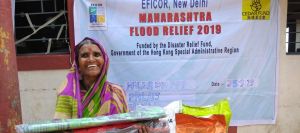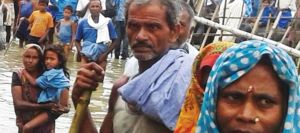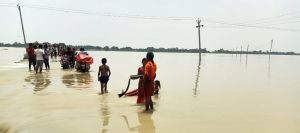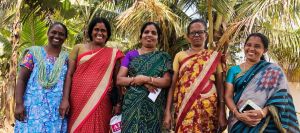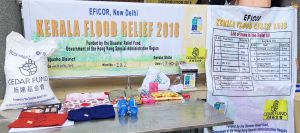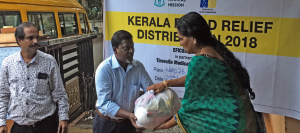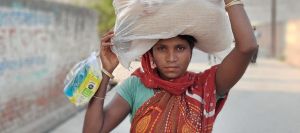
Hidden Crisis in the Pandemic: Human Trafficking
Written by: Clara Chiu (Head of Partnership Development) From July 20th to 23rd this year, several CEDAR staff participated in the “Asia Region Anti-Trafficking Conference” (hereinafter referred to as the conference). The conference was held for the first time three years ago, and this year is the third. It was changed to conduct online due to the pandemic. The purpose of the conference is to gather people from all parts of Asia who are concerned about human trafficking, and learn about it with other forms of modern slavery through various workshops, and know more about the latest anti-trafficking measures. During the meeting, representatives from different organisations mentioned that the situation of human trafficking has become worse under the



